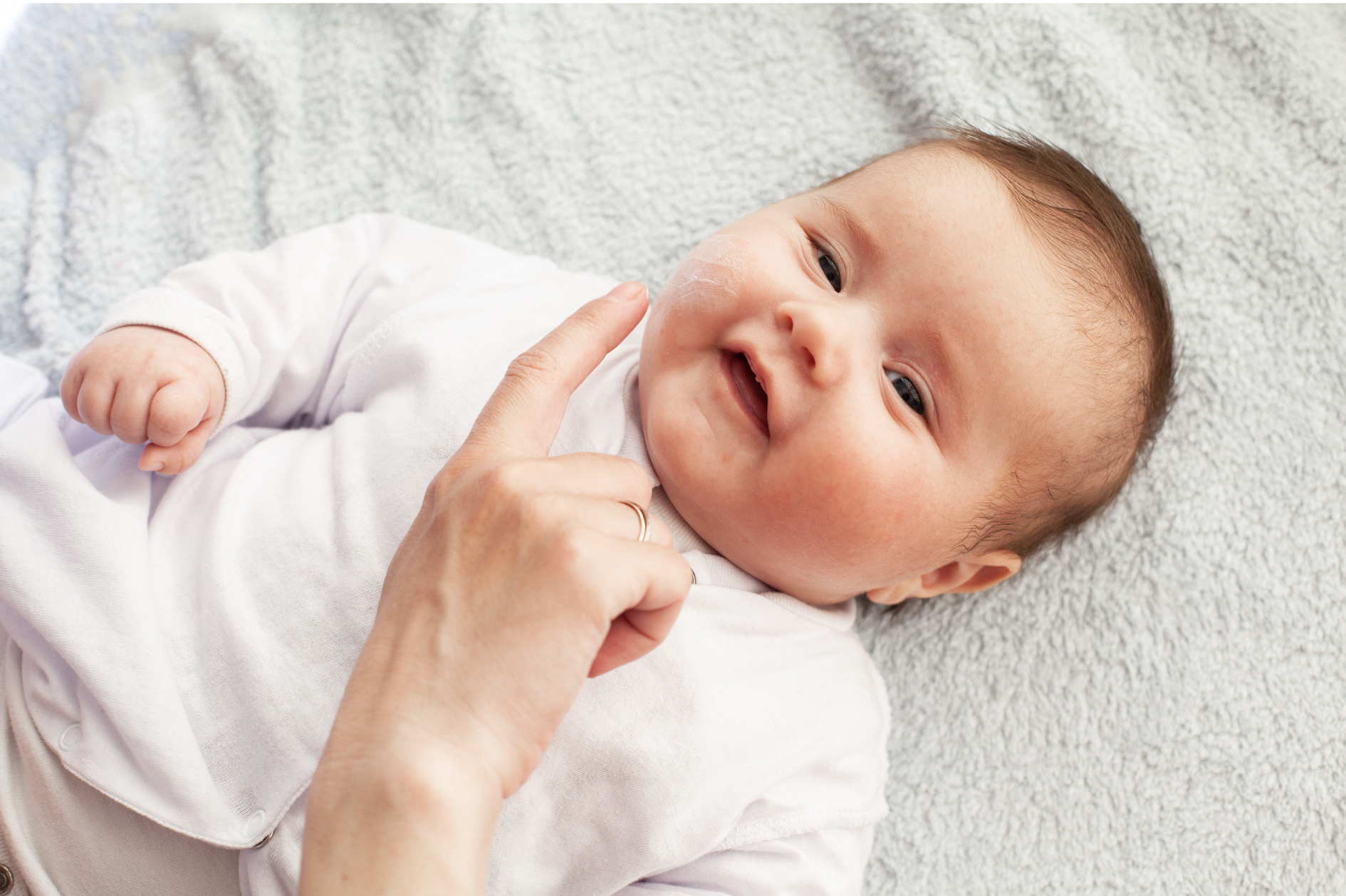What to Do When Your Child is Newly Diagnosed with Eczema
Eczema, also known as atopic dermatitis, is a chronic skin condition that causes dry, itchy, and inflamed skin. It is most common in children, but it can also affect adults. There is no cure for eczema, but there are treatments that can help to manage the symptoms and prevent flare-ups.
If your child has been diagnosed with eczema, there are a few things you can do to help them manage their condition.
1. Learn about eczema. The more you know about eczema, the better equipped you will be to help your child manage their condition. Our podcast and blog may be a good place to start! Join our Facebook or Instagram page for the latest research updates.
2. See a doctor. It is important to see a doctor who understands eczema. The doctor can help you to develop a treatment plan that is right for your child. Find a doctor who understands moderate to severe eczema and how to treat it. For US based families, use this directory of US pediatric dermatologists.
3. Moisturize, moisturize, moisturize! Keeping your child's skin moisturized is one of the most important things you can do to help manage their eczema. Use a thick, non-greasy moisturizer on your child's skin several times a day, especially after bathing or swimming. Here is one moisturizer that’s been shown to be helpful in clinical trials. Listen to this podcast about the benefits of moisturizers, or read this blog about choosing a moisturizer that doesn’t harm your child’s skin.
4. Avoid triggers. If you can identify the things that trigger your child's eczema, you can help to prevent flare-ups. Common triggers include:
* Dry skin
* Soaps and detergents
* Harsh fabrics
* Temperature changes
* Stress
* Allergies
Be careful when it comes to food, do not eliminate any food without consulting your medical specialist. Eliminating food is unlikely to improve eczema and can lead to food allergies later in life. For information, click here.
5. Treat flare-ups. If your child has a flare-up of eczema, it is important to treat it right away. The doctor may prescribe a topical steroid cream or ointment to help reduce the inflammation. For more information about topical steroids listen to this podcast.
6. Get support. There are many resources available to help you and your child cope with eczema. You can find support groups online and in your community. To learn about the benefits of GPER’s caregiver support program, listen here.
7. Don’t delay food introduction. The first exposure to food should be through eating that food. First exposure to food on damaged skin can cause food allergies later in life. For more information listen to this podcast about peanuts allergy and the link between eczema and food allergies.
If your child has severe eczema, it is important to work closely with their doctor to develop a treatment plan that is right for them.
Here are some additional things you can do if your child has severe eczema:
Keep your child's nails trimmed short. This will help to prevent them from damaging their skin, which can lead to infection.
Wet wrap therapy. This involves applying a moisturizer to your child's skin and then wrapping them in a wet cloth. This can help to reduce inflammation and itchiness.
Phototherapy. This involves exposing your child's skin to ultraviolet (UV) light. This can help to reduce inflammation and improve the appearance of eczema. Do under specialist guidance only.
Systemic medications. In some cases, your child's doctor may prescribe systemic medications, such as oral steroids or immunosuppressants. These medications should only be used under the supervision of a doctor. For more information, listen to our podcast about the latest eczema treatments for children.
Choose the right clothing. Avoid clothing that is made of synthetic, rough or scratchy fabrics. Choose soft, breathable fabrics, such as cotton.
Be patient. Eczema can be a frustrating condition for both children and parents. It is important to be patient and understanding.
Don’t tell your child not to scratch. Scratching is an overwhelming sensation and could lead to feelings of shame. Try distraction techniques with your child instead. Here is an article on why telling a child to “stop scratching” is unlikely to work.
Get help for yourself. Managing a child with eczema is hard and stressful. Consider our free Support for Eczema Caregivers program to connect with other parents and to receive evidence based information and tips.
Bathe regularly. The frequency of bathing depends on your child’s eczema and their individual needs. Some children with eczema may need to bathe daily, while others may only need to bathe every few days. Find a bathing schedule that works for your child and their skin.
Bathing or showering before bed may help remove irritants and allergens from the child’s skin.
Use lukewarm water. Hot water can dry out the skin, which can make eczema worse.
Avoid soaps, bubble bath and bath oils as these can also dry out or irritate the skin. If necessary use a mild, fragrance-free cleanser.
Pat your child's skin dry after bathing. Do not rub, as this can irritate the skin.
Apply a moisturizer to your child's skin immediately after bathing. This will help to lock in moisture and prevent the skin from drying out.
For more information listen to this podcast about bathing.
Eczema can be a challenging condition, but with the right treatment and support, your child can live a normal and healthy life.
Receive research updates like this one right to your inbox. Click here to subscribe to our newsletter! Like what we do? Consider donating to GPER!
Are you a parent looking to connect with others on the eczema journey? Sign up for our free caregiver support program today.


